Introduction
New Zealand is increasingly recognizing the critical role mental health plays in the wellbeing of its citizens. The nation has seen a surge in mental health initiatives designed to support New Zealanders, aligning with global trends that emphasize the importance of mental wellness. But what exactly are these initiatives, and how effective are they in improving the lives of Kiwis? This article delves into the impact of mental health initiatives in New Zealand, supported by real-world examples and data-driven insights.
Main Sections
Understanding the Mental Health Landscape in New Zealand
New Zealand's approach to mental health has evolved significantly over the years. According to Stats NZ, one in five New Zealanders experience mental health challenges each year, underscoring the urgency of addressing this issue. The government has recognized this need, allocating significant resources to enhance mental health services. The 2019 Wellbeing Budget was a landmark investment, dedicating NZD 1.9 billion over four years to mental health services, including new frontline services and suicide prevention measures.
Case Study: The Impact of Mental Health Initiatives in Schools
Schools play a pivotal role in shaping young minds, and New Zealand's educational institutions are no exception. The "Mana Ake – Stronger for Tomorrow" initiative, launched in 2018, is a prime example of a successful mental health program in schools. This initiative provides mental health support to children in Canterbury and Kaikōura, ensuring they receive timely help.
Problem: Prior to Mana Ake, schools struggled with rising cases of anxiety and depression among students. Teachers were ill-equipped to manage these issues, leading to increased absenteeism and reduced academic performance.
Action: Mana Ake introduced 80 mental health workers across schools, offering counseling services and workshops on resilience and emotional regulation. The initiative emphasized early intervention, enabling children to access support before problems escalated.
Result: Within two years, participating schools reported a 30% reduction in absenteeism and a 25% improvement in student wellbeing scores. The initiative's success has prompted discussions about expanding similar programs nationwide.
Takeaway: Early intervention and school-based support are crucial for addressing mental health challenges among young people. New Zealand's approach demonstrates the potential for significant improvements in student wellbeing and academic success.
Data-Driven Insights and Industry Trends
Recent data from the Ministry of Health highlights a worrying trend: mental health disorders are the third leading cause of health loss in New Zealand. This statistic underscores the need for continued investment in mental health services. Moreover, the COVID-19 pandemic has exacerbated mental health issues, with increased rates of anxiety and depression reported nationwide.
Globally, countries like Finland have pioneered successful mental health strategies, focusing on community-based care and digital mental health solutions. New Zealand can draw lessons from these models, particularly in integrating technology to enhance accessibility and efficiency in mental health services.
Pros and Cons of New Zealand's Mental Health Initiatives
Pros:
- Increased Accessibility: Expanded services have improved access to mental health care, particularly in underserved communities.
- Holistic Approach: Initiatives like Mana Ake emphasize early intervention and community involvement, leading to better long-term outcomes.
- Government Support: The significant funding from the Wellbeing Budget highlights the government's commitment to mental health.
- Positive Outcomes: Programs have demonstrated measurable improvements in mental health indicators, such as reduced absenteeism and enhanced wellbeing.
Cons:
- Resource Constraints: Despite increased funding, there are still gaps in service coverage, particularly in rural areas.
- Workforce Shortages: The mental health sector faces shortages of trained professionals, limiting the capacity to meet demand.
- Stigma: Persistent stigma around mental health can deter individuals from seeking help, affecting the effectiveness of initiatives.
- Implementation Challenges: Varying implementation quality across regions can lead to inconsistent outcomes.
Future Trends and Predictions
Looking ahead, technology will likely play a transformative role in New Zealand's mental health landscape. Digital tools, such as teletherapy and mobile health apps, are poised to enhance service delivery and accessibility. A report by the New Zealand Health IT (NZHIT) suggests that by 2026, digital health solutions could become a standard component of mental health care, enabling more personalized and efficient services.
Additionally, there is a growing emphasis on integrating mental health education into broader health and wellness programs. This shift towards prevention and education could reduce the long-term burden on mental health services, fostering a more resilient and informed population.
Common Myths and Mistakes
Myth: "Mental health issues are rare and only affect a small portion of the population."
Reality: According to the Ministry of Health, nearly 20% of New Zealanders experience mental health problems annually. This widespread prevalence highlights the need for comprehensive and accessible mental health services.
Myth: "Seeking help for mental health issues is a sign of weakness."
Reality: Seeking help is a proactive step towards recovery and resilience. Initiatives like Mana Ake promote the message that mental health care is essential for everyone, not a weakness.
Myth: "Digital mental health solutions are impersonal and ineffective."
Reality: Studies show that digital mental health interventions can be as effective as face-to-face therapy, offering a viable option for those unable to access traditional services.
Conclusion
New Zealand's mental health initiatives are making meaningful strides in improving the lives of its citizens. Programs like Mana Ake demonstrate the potential of early intervention and community-based support in addressing mental health challenges. As the nation continues to invest in mental health services, the integration of digital solutions and education will be crucial in creating a more resilient society.
Want to stay informed about the latest developments in mental health initiatives in New Zealand? Subscribe to our newsletter for exclusive insights and updates on innovative programs and strategies.
People Also Ask (FAQ)
- How do mental health initiatives impact New Zealanders? Initiatives improve accessibility to care, reduce absenteeism, and enhance overall wellbeing, as evidenced by programs like Mana Ake.
- What are the biggest misconceptions about mental health? A common myth is that mental health issues are rare, but data shows nearly 20% of Kiwis experience these challenges annually.
- What are the best strategies for implementing mental health initiatives? Experts recommend early intervention, community-based support, and integrating digital solutions for effective service delivery.
- What upcoming changes in New Zealand could affect mental health initiatives? By 2026, digital health solutions are expected to become standard, improving accessibility and efficiency in mental health care.
- Who benefits the most from mental health initiatives? These programs benefit children, adults in rural areas, and anyone facing mental health challenges, promoting resilience and wellbeing.
Related Search Queries
- Mental health initiatives in New Zealand
- Mana Ake program success
- New Zealand Wellbeing Budget 2019
- Digital mental health solutions NZ
- Impact of mental health services in schools
- Future of mental health care in New Zealand
- Common myths about mental health
- Government funding for mental health NZ
- Community-based mental health support
- Mental health workforce challenges in NZ






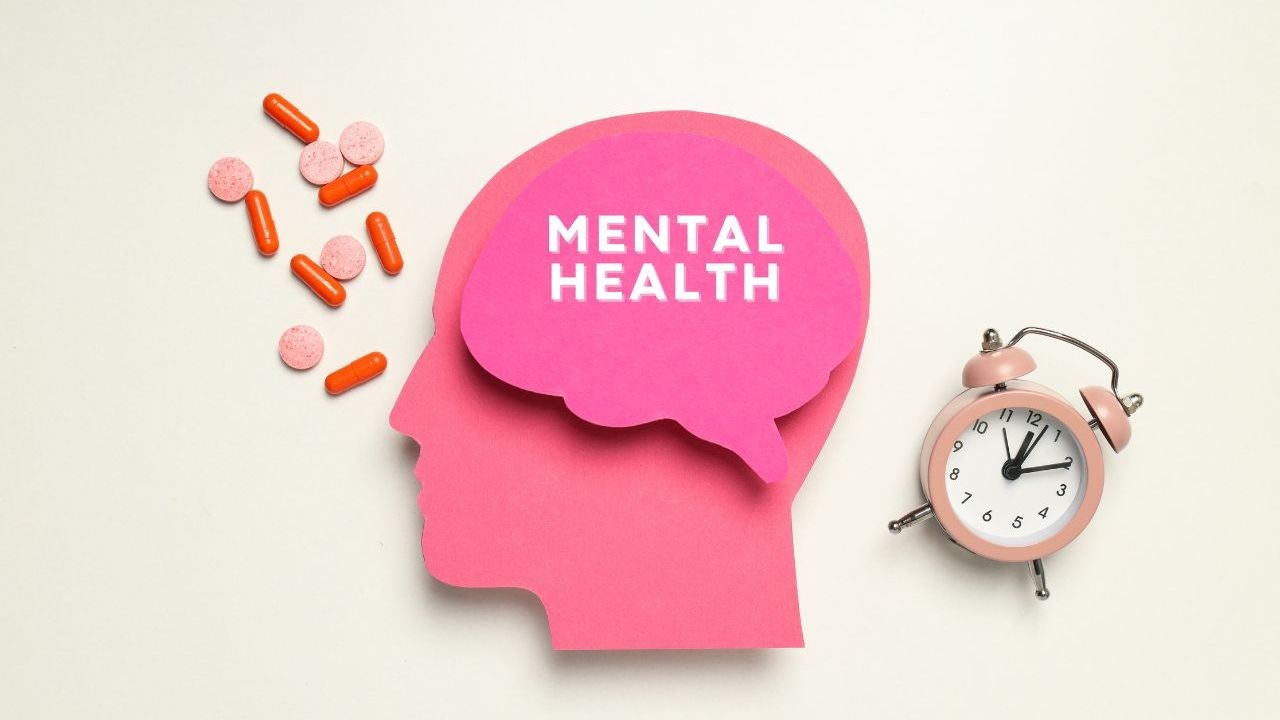






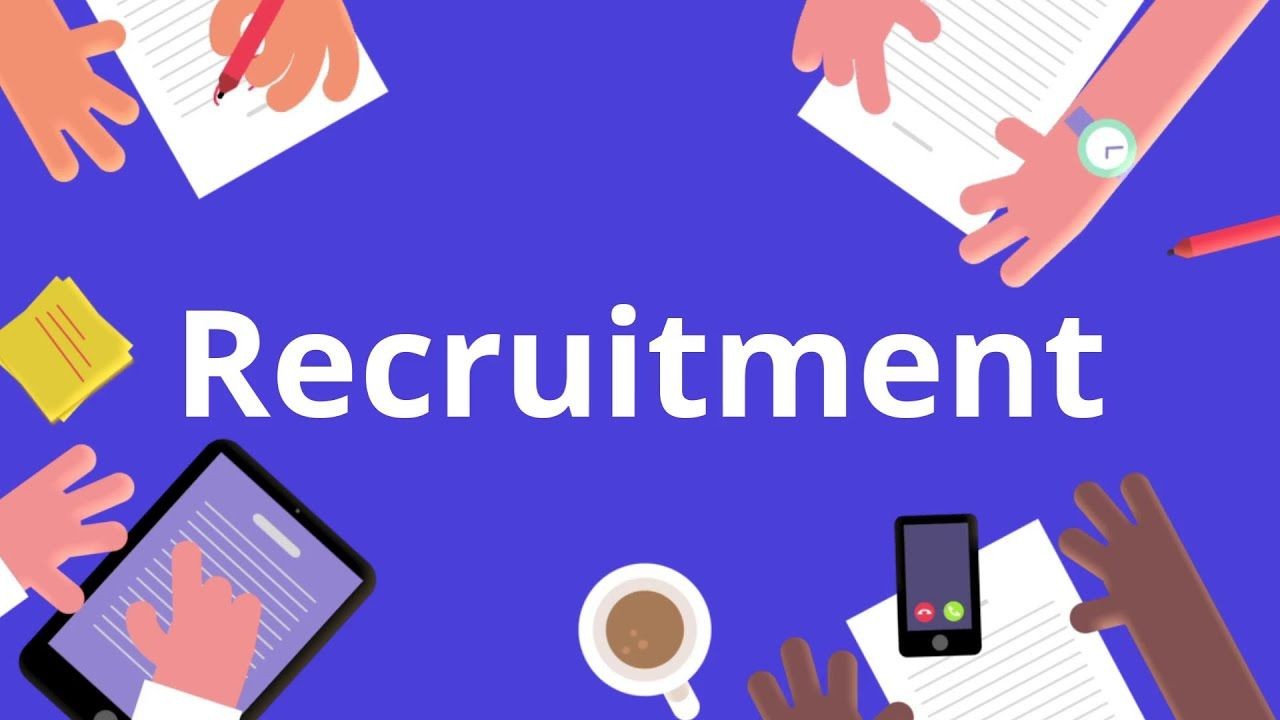



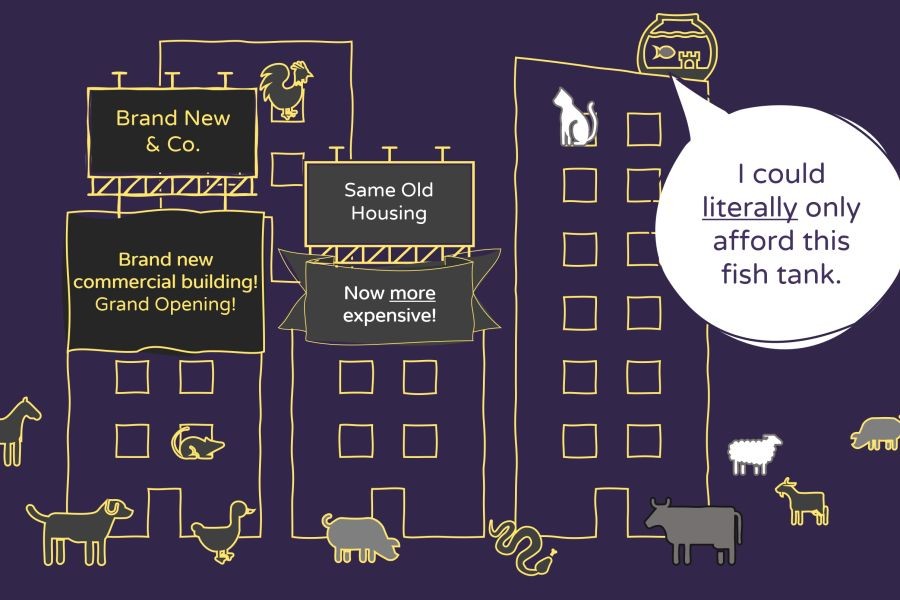
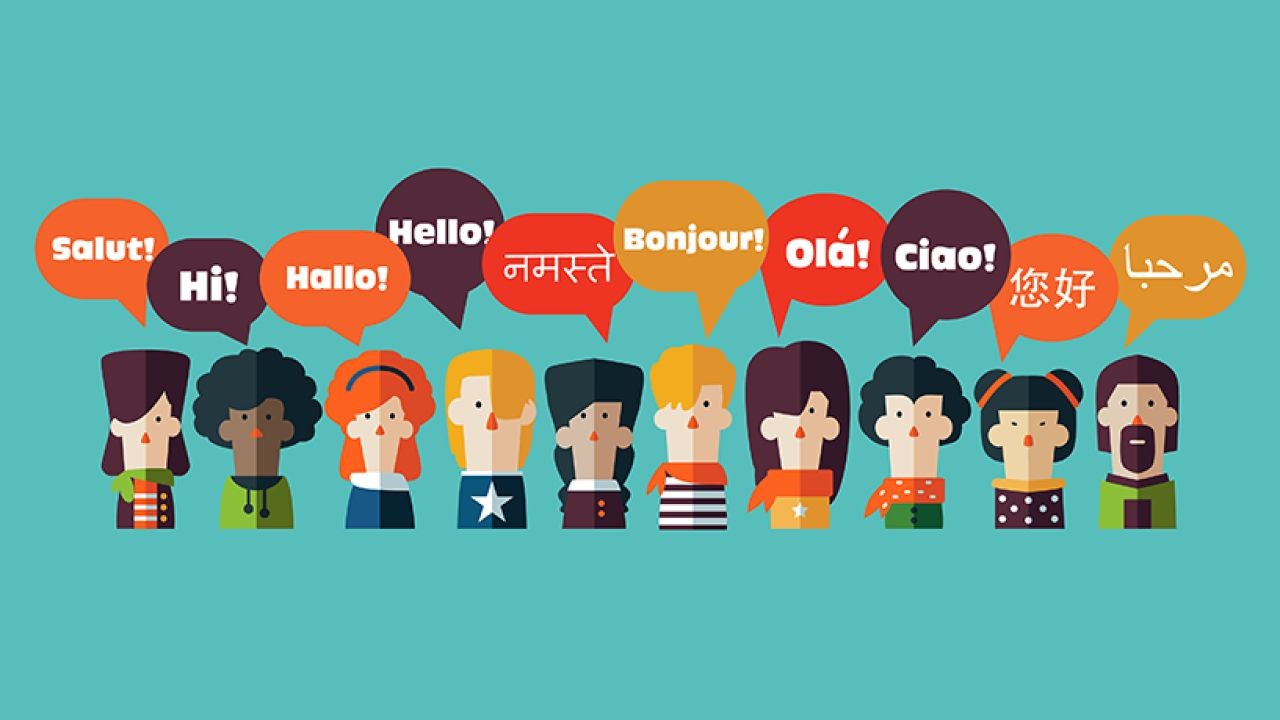

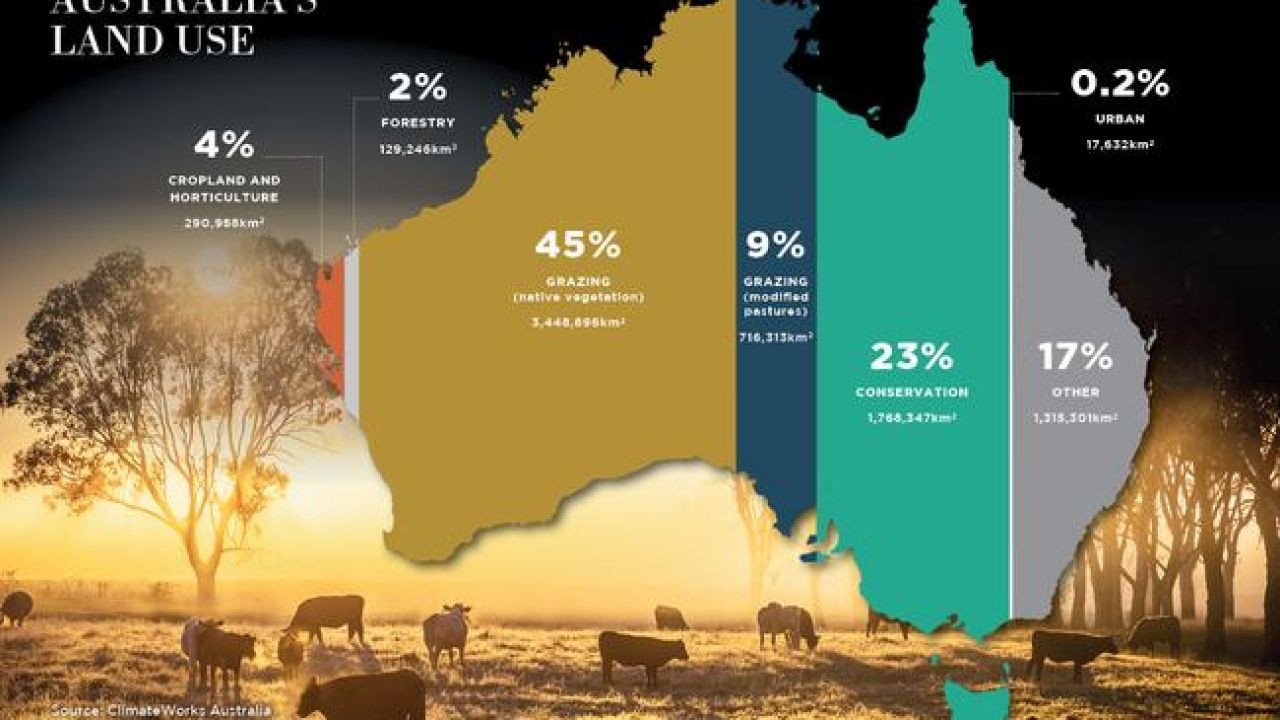













WendiOcamp
5 months ago